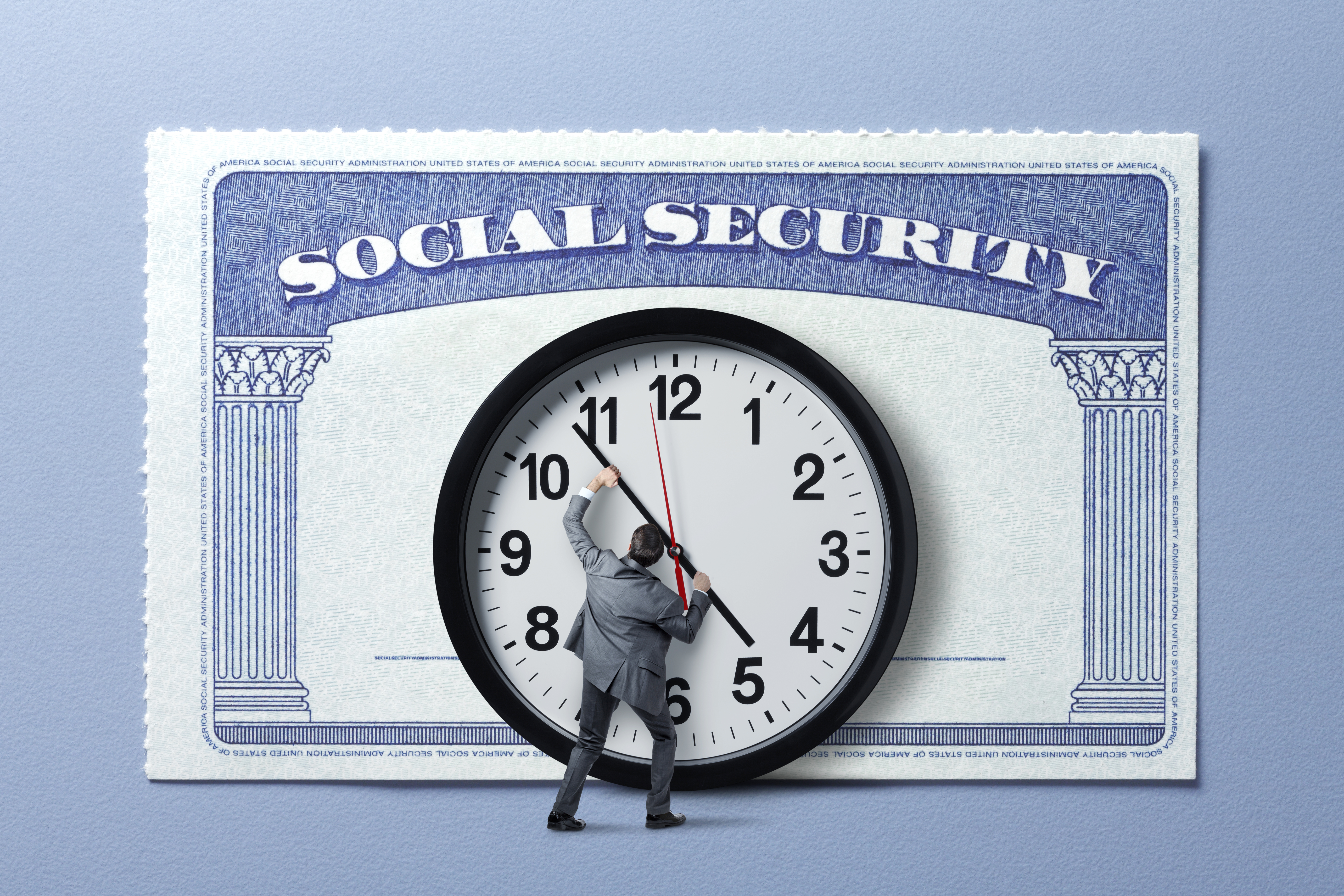Copyright fool

Choosing an age to begin taking Social Security is one of the most important decisions of your retirement, as it will impact your monthly income for the rest of your life. Your benefits are generally locked in for life once you file, with the exception of annual cost-of-living adjustments, so it's wise to make this choice carefully. Everyone's situation is different, so there's no single best filing age. That said, there are a few reasons why a certain age might be the perfect time for you to begin taking benefits. The case for filing at 62 For some people, claiming as early as possible at age 62 can be the perfect choice. Perhaps the biggest advantage of filing early is that it's easier to get a jump-start on retirement. Early retirement is expensive, and having an extra source of income like Social Security benefits can make it a little more affordable. While you can retire early and delay benefits, it can be challenging to rely solely on savings or other sources of income in those years in between. If you've got your sights set on retiring in your early 60s, taking benefits as early as possible can help your personal savings last longer. Claiming early can also be the best move for those who don't want to risk health issues wrecking their retirement plans. Of course, it's possible to develop sudden health problems at any age. But if you're planning on enjoying an active lifestyle, claiming benefits sooner can make it more likely you'll enjoy your retirement in good health. When it pays to wait until age 70 Taking benefits at age 70 can be the perfect option for those looking to maximize their monthly income. For every month you delay claiming past age 62, you'll earn slightly higher payments. These bonuses max out at age 70, earning you the highest possible benefit based on your work history. The difference in benefits between ages 62 and 70 can be life-changing. Among retired workers, the average 70-year-old receives a whopping $807 more per month than the average 62-year-old, according to December 2024 data from the Social Security Administration. Whether your savings are falling short or you simply want to max out your Social Security benefits, waiting until age 70 is one of the best ways to increase your monthly retirement income. For those on the fence, there's a middle ground What if you want to increase your income and retire a little earlier? In that case, filing at your full retirement age can be a great compromise. Your full retirement age is the age at which you'll receive the full benefit you qualify for based on your earnings record, and it's between ages 66 and 67, depending on your birth year. Filing for benefits at your full retirement age will earn you more than you'd collect at age 62, but it also makes it easier to retire a little earlier than 70, too. You won't receive any benefit reductions or bonuses, but rather, 100% of the benefit you earned. These are not the only three ages you can file; it's possible to begin taking benefits at any time once you turn 62 years old. But 62, 70, and full retirement age are often the most popular. Whatever you choose, just remember that what's right for someone else might not be ideal for you. Rather than comparing your situation to others, consider your unique priorities and how each filing option fits your needs.



